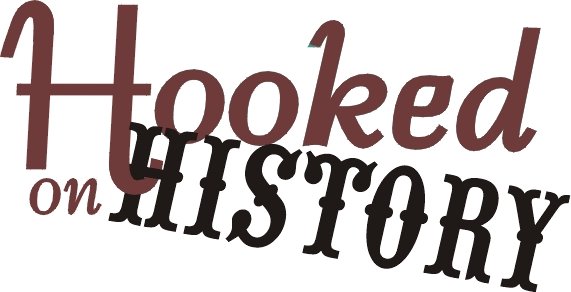Change in the Wind, a documentary about famed author Margaret Mitchell’s quest to improve conditions for African Americans in her home state, will air Oct. 10 from 4-6 p.m. on WSB-TV.
Drawn largelyfrom research in an unexplored collection of Mitchell correspondence at the UGA Hargrett Rare Book and Manuscript Library, the documentary—produced by civil rights veteran Andrew Young—traces Mitchell’s evolution from debutante to someone determined to improve the educational opportunities and ultimately the lives of Atlanta’s African-American citizens.
Mitchell’s patronage of private, all-male, historically black Morehouse College parallels her friendship with Benjamin E. Mays, president of Morehouse from 1940 to 1967. It was this relationship that Young and director CB Hackworth sought to explore with the documentary. Hackworth’s research at UGA with Mary Ellen Brooks, director emerita of the Hargrett Rare Book and Manuscript Library, led to a much fuller portrait of the author.
Mitchell was able to see the world through her family’s black servants, Brooks believes. Mitchell became particularly disturbed when a beloved maid, Carrie, became ill and a hospital bed for her could not be found. After Carrie’s death, Mitchell sought to establish a scholarship in her name at Morehouse. Mays wanted the funds to cover students from the Southeast, but Mitchell held firm that it should be limited to Georgia in the hopes of helping her state.
“She often wrote respectful but endearing letters to the family’s employees, even when they were in the same house together,” Brooks said. “I think it shows Margaret Mitchell as a person who was sensitive and generous. It was as if they were her family, and they responded to her with letters as well. These materials do a great job of showing that side of her.”
Mitchell’s support of the Morehouse was kept secret for decades until Mays revealed to Georgia’s first African-American pediatrician that it was Mitchell who paid for his scholarship.
The friendship between Mays and Mitchell “grew increasingly warm and shows evidence of great mutual respect, but is based entirely on a mutual concern for the lack of adequate educational and medical resources for Atlanta’s growing African-American population,” Hackworth said.
Brooks notes the affection between Mitchell and the African Americans to whom she became close. Included in the correspondence is a telegraph in Mitchell’s handwriting to be sent to Hattie McDaniel, who played Mammy in Gone with the Wind, at 5 a.m. the day after the premiere telling her that Atlanta Mayor William B. Hartsfield called for a “big round of applause” for McDaniel. Their correspondence continued for years.
“The (entire collection of) letters shed a lot of light, especially when you read what (African Americans) have to say,” Brooks said. “It showed how they viewed whites. So at last we have two sides.”
-----
Community News You Can Use
Click to read MORE news:
www.GeorgiaFrontPage.com
Twitter: @gafrontpage & @TheGATable @HookedonHistory
www.ArtsAcrossGeorgia.com
Twitter: @artsacrossga, @softnblue, @RimbomboAAG
www.FayetteFrontPage.com
Twitter: @FayetteFP


No comments:
Post a Comment